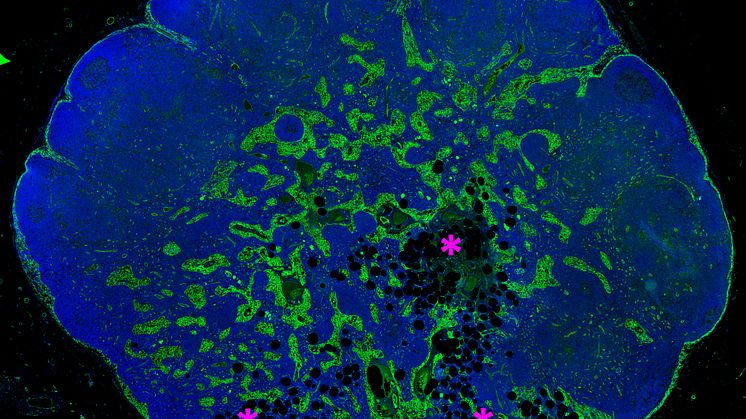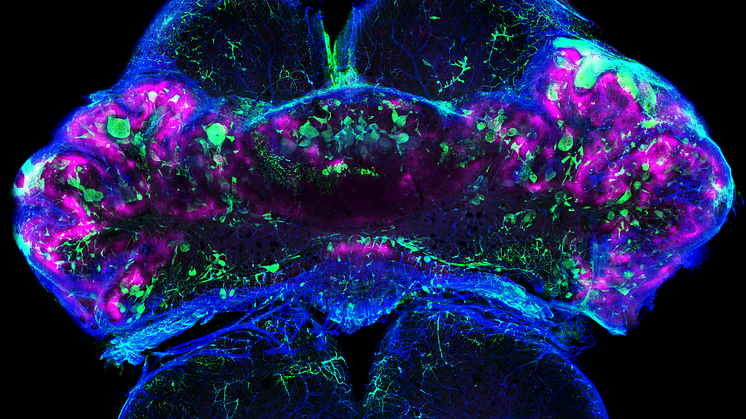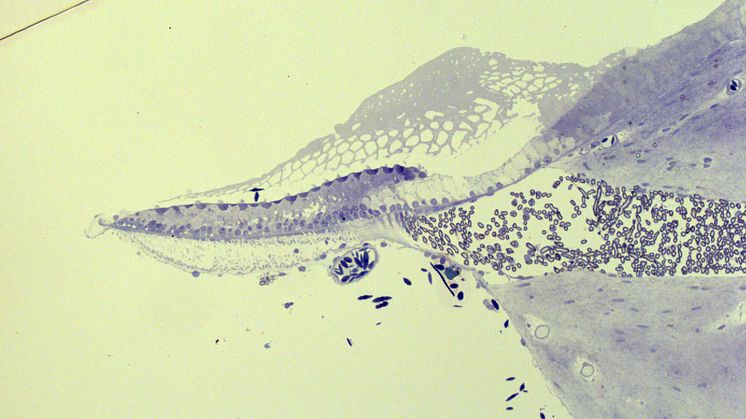Perseverant bacteria challenge antibacterial treatment
Bacterial perseverance is a new phenomenon that helps explain how bacteria adapt to survive antibiotic treatments. A group of researchers at Uppsala University have studied how individual bacteria react when exposed to different antibiotics. The result underlines the importance of adhering strictly to antibiotic prescriptions.






